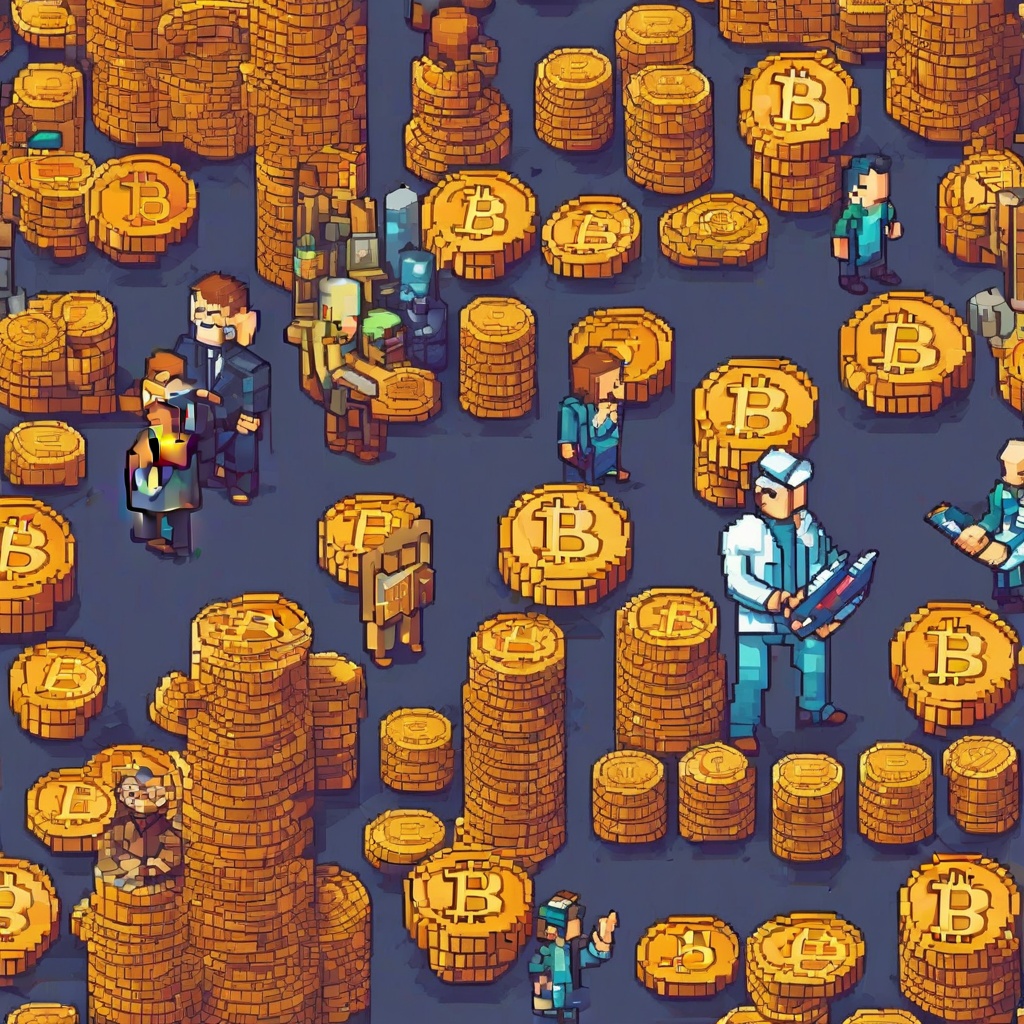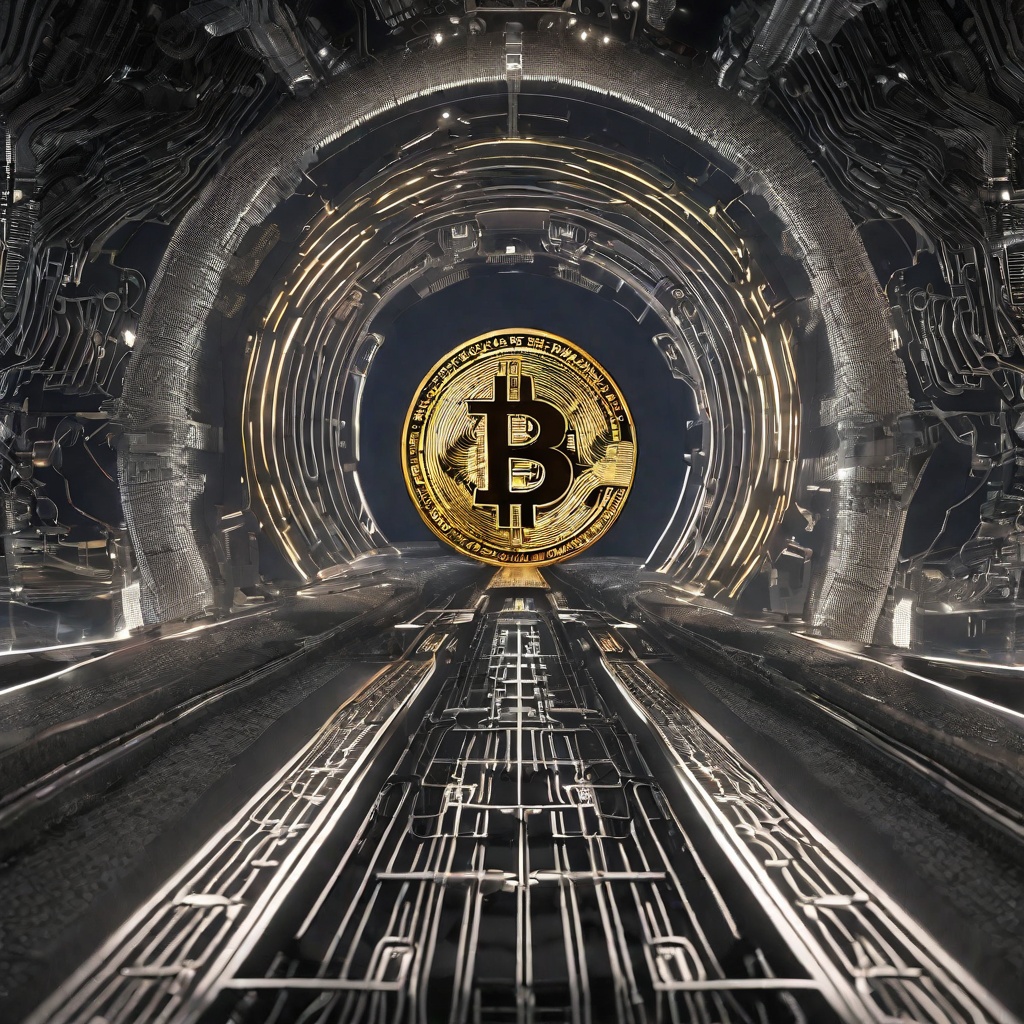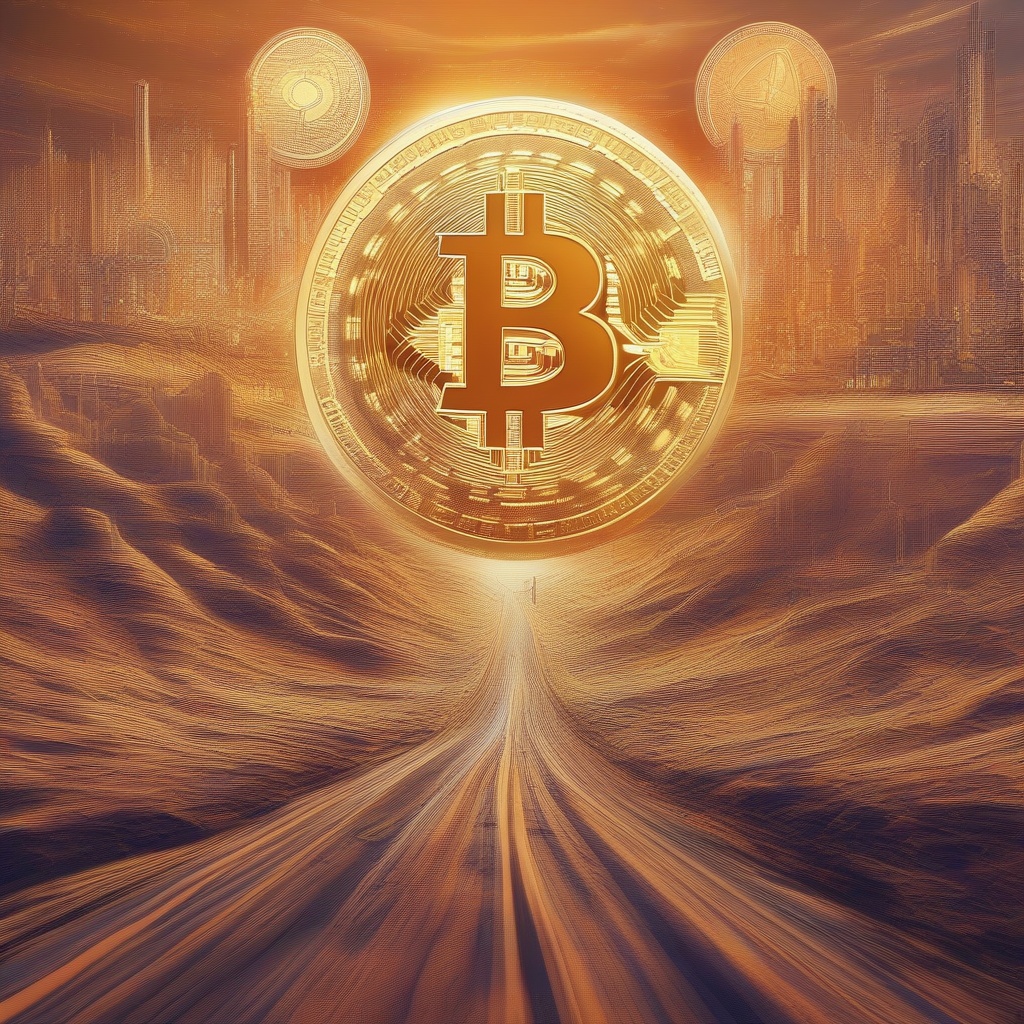من يسيطر على سولانا؟
من الذي يتحكم في Solana بالضبط؟" يبدو أن هذا السؤال لا يزال قائمًا في أذهان العديد من المتحمسين للعملات المشفرة. لقد استحوذ Solana، النجم الصاعد سريعًا في صناعة blockchain، على انتباه المستثمرين والمطورين على حدٍ سواء. لكن يبقى السؤال: من هم؟ ما هي الجهات الفاعلة الرئيسية وراء هذه الأعجوبة التكنولوجية؟ هل الفريق المؤسس، برؤيته وبراعته الفنية، هو الذي يوجه كل تحركات سولانا؟ أو ربما المجتمع الواسع من المطورين والمستخدمين هو الذي يساهم في نموه ونظامه البيئي؟ هل يمكن للمستثمرين، بمالهم العميقة ونفوذهم، أن يشكلوا مستقبل سولانا؟ إن فهم هيكل السيطرة على Solana أمر بالغ الأهمية في تقييم آفاقها على المدى الطويل. لا يتعلق الأمر فقط بمن يملك مفاتيح المملكة، بل يتعلق أيضًا بتوازن القوى والنفوذ بين مختلف أصحاب المصلحة. وهذه مسألة معقدة، وتستحق دراسة متأنية. إذن، من يسيطر على سولانا؟ قد لا تكون الإجابة واضحة كما نأمل. ومن المحتمل أن يتضمن ذلك مجموعة من العوامل، بما في ذلك الفريق المؤسس والمجتمع والمستثمرين. يلعب كل منهم دورًا حاسمًا في تشكيل مصير مشروع blockchain الواعد هذا.

من يتحكم في البيتكوين؟
Who controls Bitcoin?" This question often arises among those new to the realm of cryptocurrencies. After all, Bitcoin operates in a decentralized manner, free from the traditional control of governments or central banks. So, who exactly holds the reins of this digital currency? Well, the answer isn't as straightforward as it might seem. Bitcoin isn't controlled by a single entity or individual. Instead, it's governed by a complex network of computers, known as miners, that validate transactions and secure the blockchain - the underlying ledger of all Bitcoin transactions. These miners compete to solve cryptographic puzzles, and in return, they are rewarded with new Bitcoins. This process, known as mining, ensures the integrity and security of the Bitcoin network. It also prevents any single party from gaining undue control over the currency. So, in essence, Bitcoin is controlled by the collective power of its users and miners. This decentralized nature is what makes Bitcoin so appealing to many, as it removes the need for trust in any central authority. Instead, trust is established through the secure and transparent nature of the blockchain itself. Of course, this doesn't mean that Bitcoin is entirely free from external influences. Its price is affected by market forces, and regulations can impact how it's used in certain jurisdictions. But in terms of who controls it, the answer lies in the distributed power of its network, not in the hands of any single individual or organization.

Who controls USDT?
من يتحكم في USDT؟" كان هذا السؤال منذ فترة طويلة موضوع اهتمام في مجتمع العملات المشفرة. USDT، أو Tether، هي عملة مستقرة مرتبطة بقيمة الدولار الأمريكي. وقد جعلها وعدها بالاستقرار وسهولة الاستخدام لها خيار شائع لمستثمري وتجار العملات المشفرة. ولكن من يقف حقًا وراء هذا الأصل الرقمي الشهير؟ هل هو كيان مركزي يتمتع بقدر كبير من السيطرة، أم أنه لا مركزي حقًا ويحركه المجتمع؟ هذه هي الأسئلة التي يطرحها الكثيرون في عالم العملات المشفرة. يجادل البعض بأن الطبيعة المركزية لإصدار USDT وإدارته تشكل خطرًا على اللامركزية والاستقلالية. ويدعي آخرون أن الشفافية والمساءلة التي تتمتع بها الجهة المصدرة لها، Tether Limited، كافية لضمان استقرارها وجدارتها بالثقة. ومع ذلك، لا يزال النقاش مستمرا. ومع تزايد شعبية وتأثير USDT، تزداد أهمية الإجابة على السؤال: من يتحكم حقًا في USDT؟

